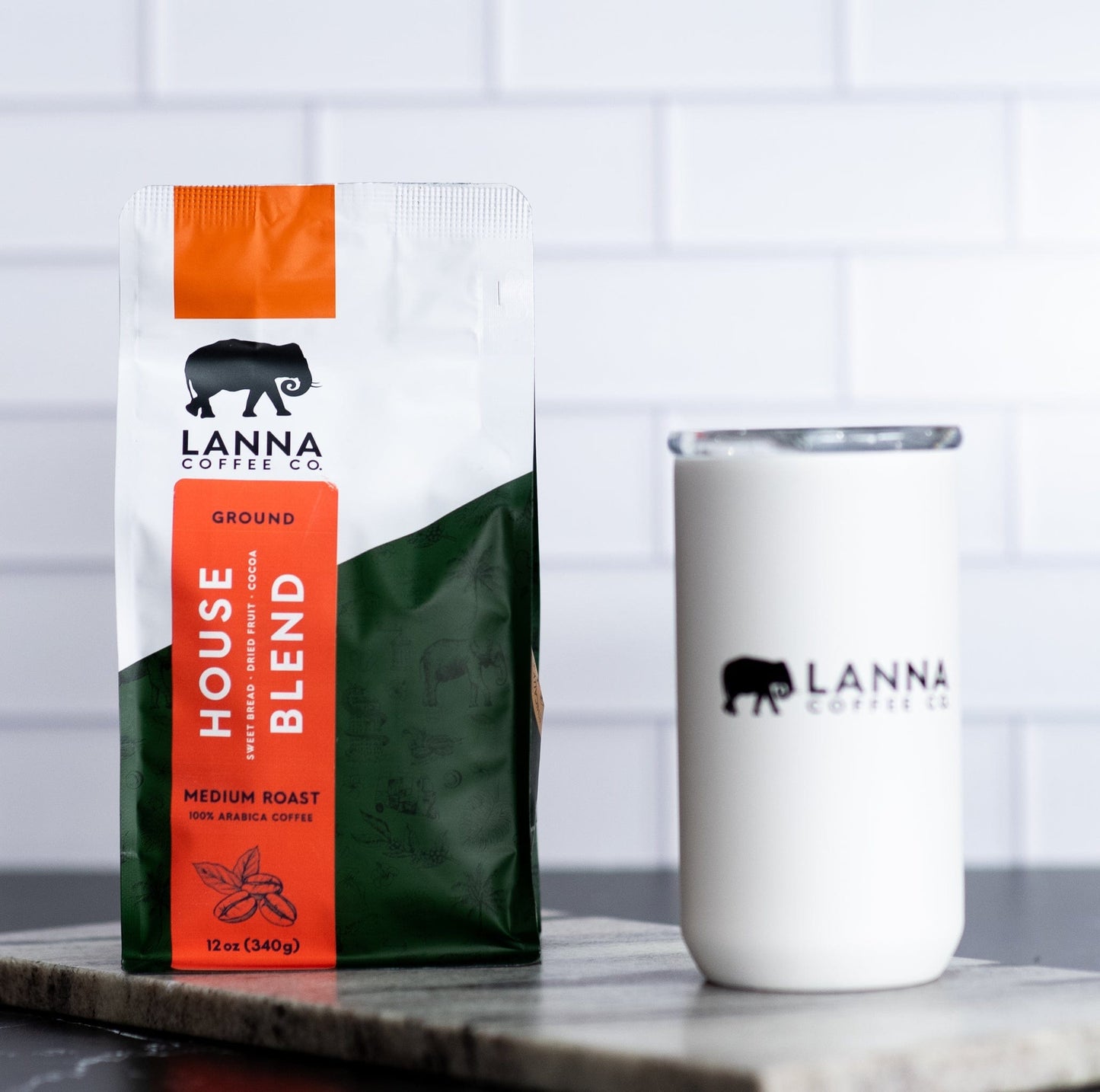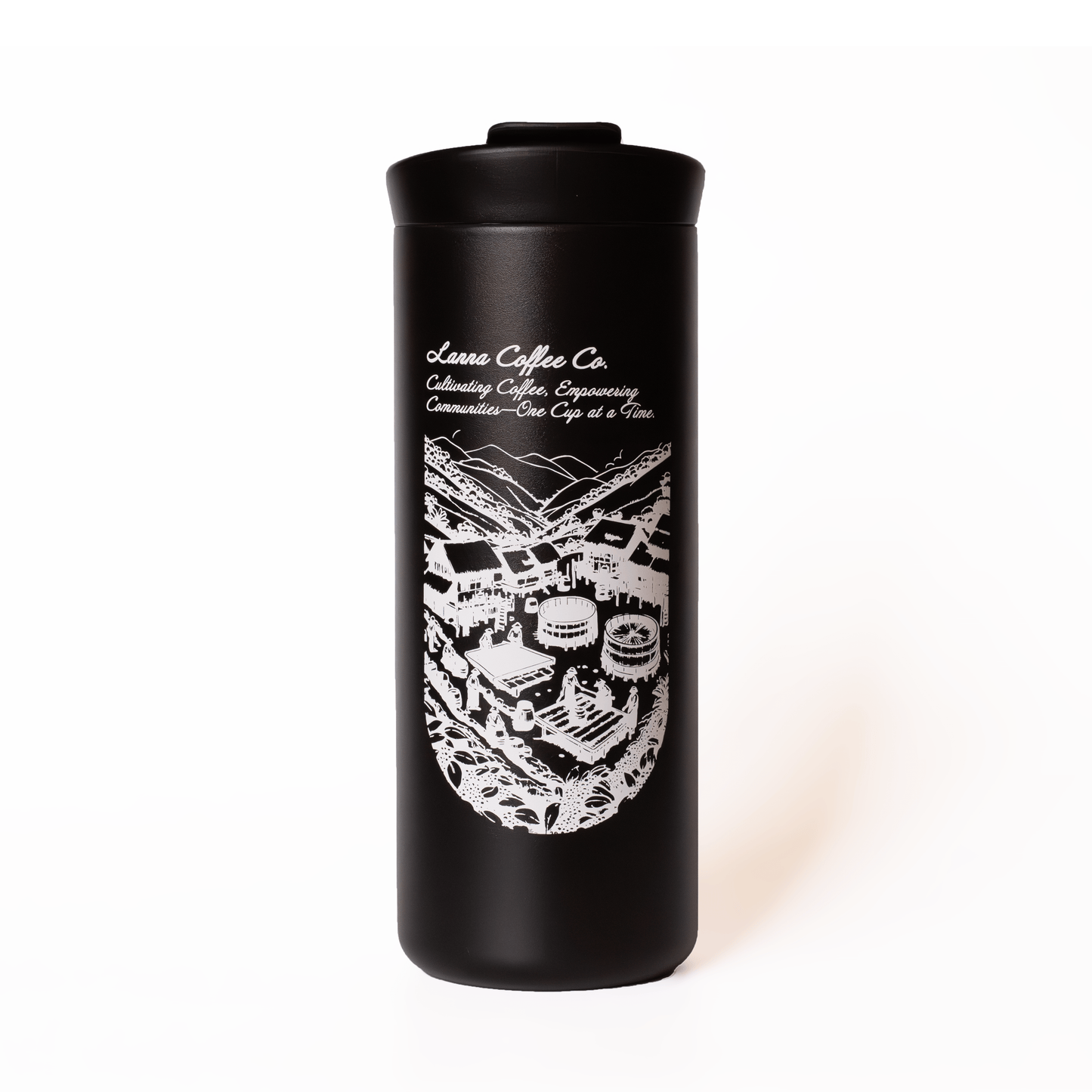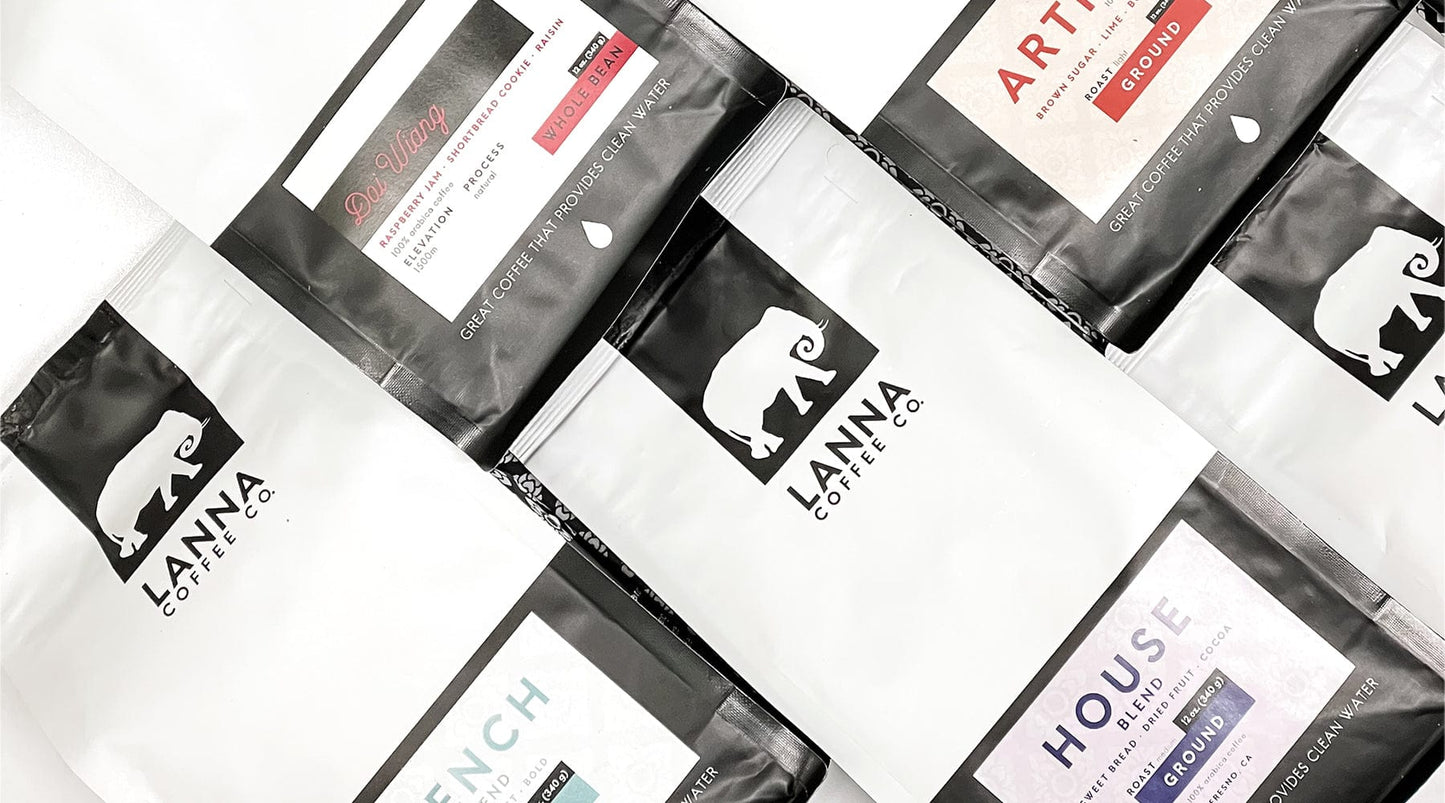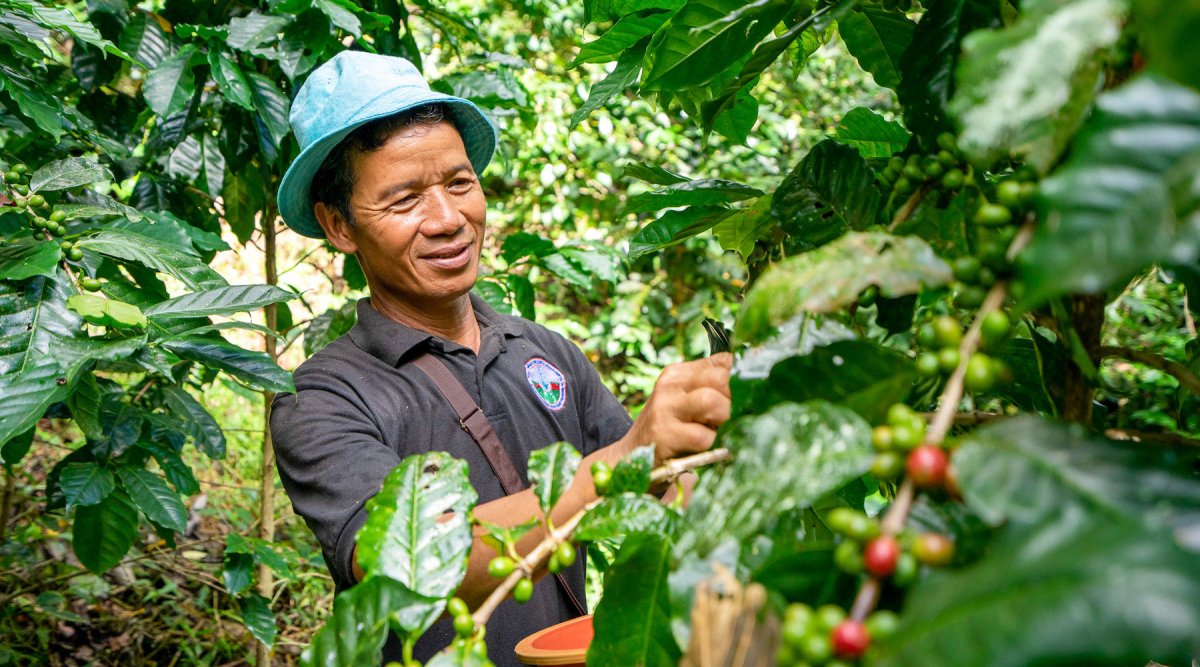
WRITTEN BY: ZOE DUMAS
Nothing quite beats a good farmer’s market. The food is consistently fresher and of better quality than what you can find at the grocery store. Not only that, but farmer’s markets establish a connection between farmer and consumer that cannot be replicated in the aisles of a supermarket.
As responsible consumers, it’s important to reevaluate our relationship with the foods we buy and to recognize the value in knowing who produced it. By putting a face and/or name to the farmers, we humanize them more in our minds. Now it’s not just some faceless entity that you’re paying your hard-earned dollars to, it’s the collection of workers that tirelessly strive to grow the best product possible.
It can be easy to forget that there are ways to replicate this connection when we buy coffee even if that connection doesn’t look exactly the same. The process of getting coffee from seed to cup takes a variety of intermediaries that aren’t necessary with typical produce. Especially if you live in a country incapable of growing coffee like the US, you can’t just rely on the farmers in your area to sell fresh green coffee to local roasters.
Instead, we must rely on roasters to source their coffee beans from ethically run farms across the globe. Thankfully, we live in a time where independent coffee companies are increasingly committed to fostering relationships with farms, not only for themselves, but for the customers they serve. This added transparency can come in many different forms. At Lanna, it comes in the form of naming: each of our single origin coffees puts that coffee’s origin village front and center. This isn’t just coffee “from Thailand,” it’s coffee from specific villages like Law Wu, Ma Oh Jo, and Doi Chang.
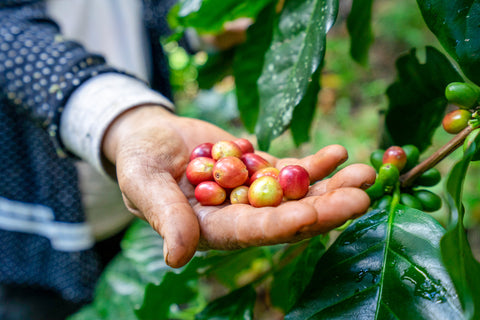
Other roasters have different ways of connecting coffee drinkers to coffee producers. This can come in the form of stories printed directly on a bag of coffee, specifics on the people and place it came from. Some roasters liberally share photos of the farms and farmers themselves, putting names to faces. Perhaps most notable is when the roaster’s official literature introduces consumers to farmers through photos and personal statements. However these introductions happen, they are vital to producing excellent and sustainable coffee.
Once you’ve started connecting with the people that grow and produce your favorite morning drink, a slightly higher price doesn’t seem so bad. These are real humans that deserve to make a profit off the thing they produce. When they do, everyone benefits. Workers are treated well and paid fair wages, and consumers get coffee that’s far better than what they would get otherwise.
Consider the difference between a quality cup of specialty coffee and a subpar commercial grade coffee. It’s clear from the first sip that the specialty coffee has been treated with care and consideration that cannot be replicated on the mass scale of commercial-grade coffee companies. It’s this difference in quality that creates coffee lovers. There are people out there that may love the complexity of specialty coffee without even knowing it, having instead only tasted an unsavory brew from that familiar red and gold can.
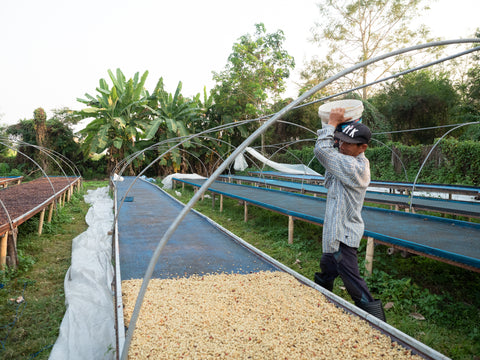
Slavery is an ongoing problem in coffee production, and we as coffee lovers have a responsibility to work toward a better future in the industry. Roasters can commit to good practices, but we as consumers must also commit to understanding exactly where our coffee comes from. We must interrogate the supply chain that brings coffee to us from around the world and demand with our dollars that slave labor and unsustainable farming practices be abolished. When we do, we contribute to a sustainable coffee future and the lives of the people in and around the industry.
This certainly isn’t easy. Easy is picking up the cheapest bag of coffee you can find at the supermarket, without a sense of who grew it, processed it, or roasted it. It takes sustained effort to be a responsible coffee consumer, but the result of a better future for people and coffee is undeniably worth it.
